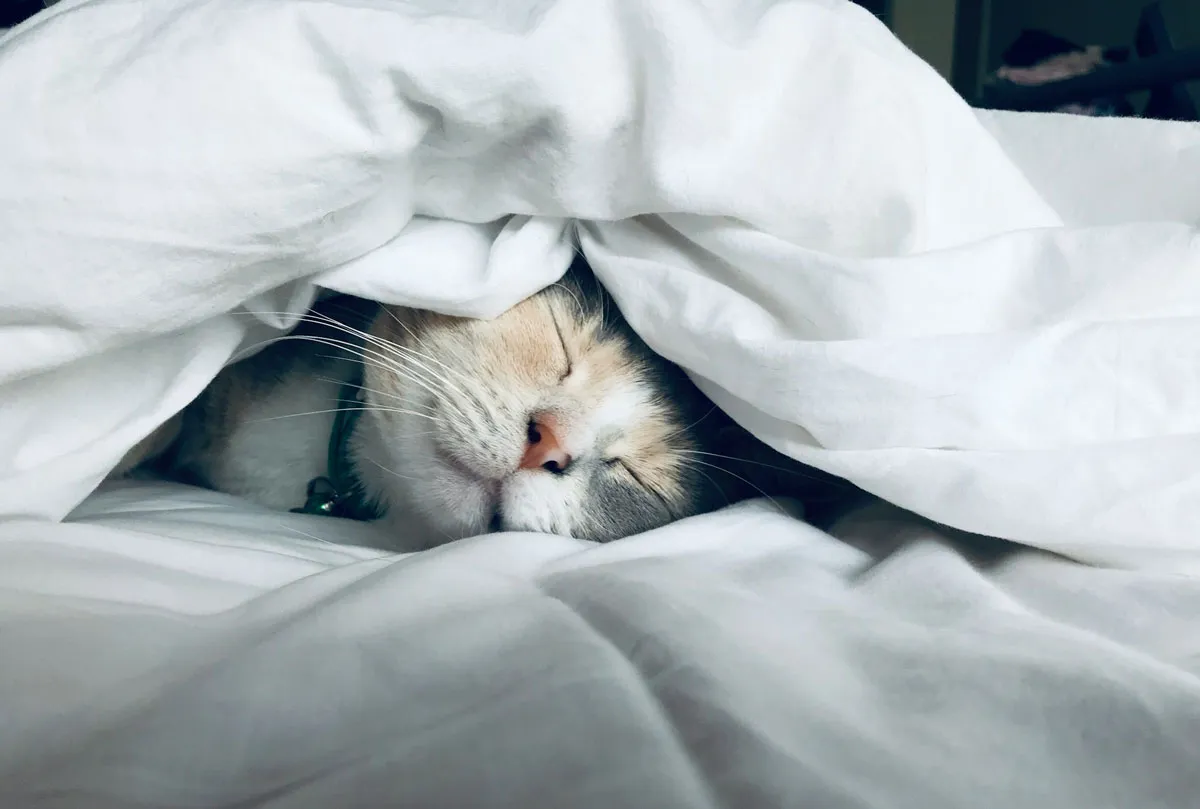
Have you ever been on the verge of sleep when suddenly your body jerks awake, startling you? Is it a growth spurt, your brain checking if you’re still alive, or a warning sign of something more serious? Let’s explore what really causes these nighttime jolts.
What Are Hypnic Jerks?
According to the American Sleep Association, about 70% of people experience hypnic jerks at least once in their lives, and 10% experience them daily. Hypnic jerks, also known as sleep starts or hypnagogic jerks, occur when you’re just falling asleep. During this time, your muscles relax, and your brain begins to shut down but hasn’t fully done so. If stimulated by external factors like noise, your brain might trigger a sudden muscle twitch.
Stages of Sleep
Sleep consists of five stages:
- Stage 1: The initial stage of falling asleep.
- Stage 2: Light sleep, marking the beginning of true sleep.
- Stages 3 and 4: Deep sleep stages, during which waking up is difficult.
- Stage 5: Rapid Eye Movement (REM) sleep, associated with vivid dreams.
Hypnic jerks usually occur during stages 1 and 2, where your muscles might suddenly twitch involuntarily, often accompanied by a sensation of falling or vague dream-like images, causing you to wake up.
Why Do Hypnic Jerks Happen?
The brain has mechanisms for both waking and sleeping, which usually maintain a balance. However, when this balance is disrupted, hypnic jerks can occur. These jerks are as normal as hiccups, eyelid twitches, or muscle spasms during fatigue or stress. There’s no need to worry about them as they do not affect your sleep quality and are not linked to sudden death.
When Are Hypnic Jerks a Concern?
Frequent hypnic jerks can indicate underlying issues:
- Stress: Chronic stress keeps your brain’s arousal system active, disrupting the balance and leading to hypnic jerks.
- Calcium Deficiency: Calcium is crucial for muscle and nerve function. Deficiency can cause muscle cramps or twitches, including hypnic jerks.
- Brain Injury: Frequent hypnic jerks accompanied by headaches or dizziness may suggest brain cortex or hypothalamus damage, necessitating a medical check-up and possibly a CT or MRI scan.
How to Prevent Hypnic Jerks
-
Maintain a Regular Sleep Schedule: Avoid staying up late and maintain a consistent sleep routine to ensure the brain’s sleep-wake mechanisms function properly. Adults need 7-8 hours of sleep. If you can’t get enough at night, consider a 30-minute nap during the day.
-
Manage Stress: Avoid stressful thoughts before bed. Practicing relaxation techniques like deep breathing or meditation can help reduce stress.
-
Stretch Before Bed: Gentle yoga or stretching exercises can relax your muscles and reduce the likelihood of hypnic jerks.
-
Balanced Diet and Calcium Intake: Include calcium-rich foods in your diet, such as dairy products, soy, and nuts, to support muscle and nerve health.

Conclusion
Most hypnic jerks are normal physiological reactions and not a cause for concern. If you wake up due to a hypnic jerk, just turn over and go back to sleep. Sweet dreams!

